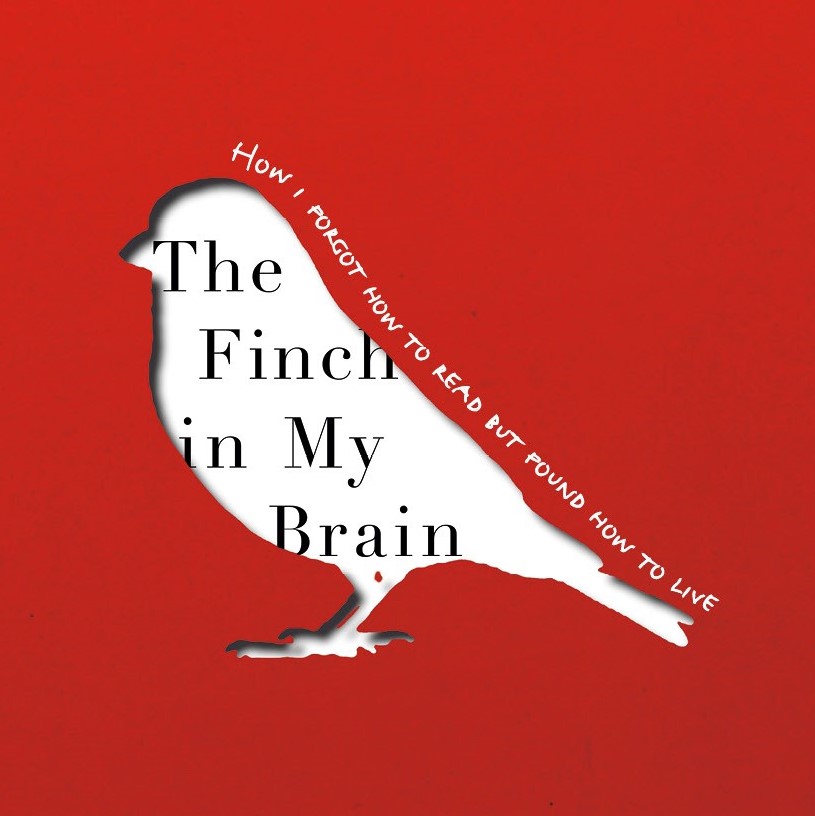I understand that we live in a world extensively based on being able to read. However, I only realized how reading is actually an extremely complex operation when I woke up in an Italian hospital, after a surgery to my brain to save my life. Yes, I still can’t recognize any word I have just written on this Blog, but considering that I am still alive and typing away when by all Oncological statistical accounts I should not be, I have had some longer amount of time to discover the nature of this particularly popular skill – which I no longer have.
If I had received a contract saying “by cutting away your capability of reading, we’ll offer you a longer life span” I would have definitely signed that contract, as I believed that relearning to read would be “a kid’s game”. Sadly, it hasn’t been as simple as that. It’s five years now and I still need Alex, the computer voice, to read back what I have just typed.
While reading the first two paragraphs of this Blog you also did not really think of all the work your brain was doing for you. So, during this little pause, let’s try to imagine how the school teachers have the gigantic task of showing their distracted students how a sequence of letters becomes a word. During the first few years they must invent ways to allow their students to stretch their brain in a myriad of different directions to speak out each word – each sequence of text. And on top of all of that, they have to stay flexible while confronting our multi cultural society as each person goes through a slightly different process while reading. (If I will remember, in a different Blog post I’ll talk about why it makes sense that in this moment in history prisons are full of dyslexics).
I realize that quite a few of the doctors whom I met along my adventures grew up following statistics, and so have a really hard time with culture as different people approach issues, thoughts, or what I now call fundamental guestimations in very different ways. (Yes, I know, guestimation is really not a word that doctors like.)
With a lot of meditation, I have accepted that we must embrace complexity with calm if we want to understand all the different and essential stuff that each cerebral lobe does. For example, here is the part that I actually remember of my problem with reading. 1) In the left temporal side of my brain (where I have a large hole) the words are usually connected with their significance. 2) The hole in the left side of my brain actually means that I have a reduction of the visual field on my right eye, and which means that the part in the back of the brain -that is called the occipital lobe- now has a hard time visually interpreting the letters. 3) By not being able to see the whole range of text the meanings of words are often confused.
To be sincere, a good part of The Finch in My Brain will always remain surreal for me as it will remind me of my love and hate relationship with text. But, generally, I am learning to appreciate the complexity of all parts of our body, our social and environmental relations and particularly the energy and love of the fantastically magic and underpaid elementary school teachers.

